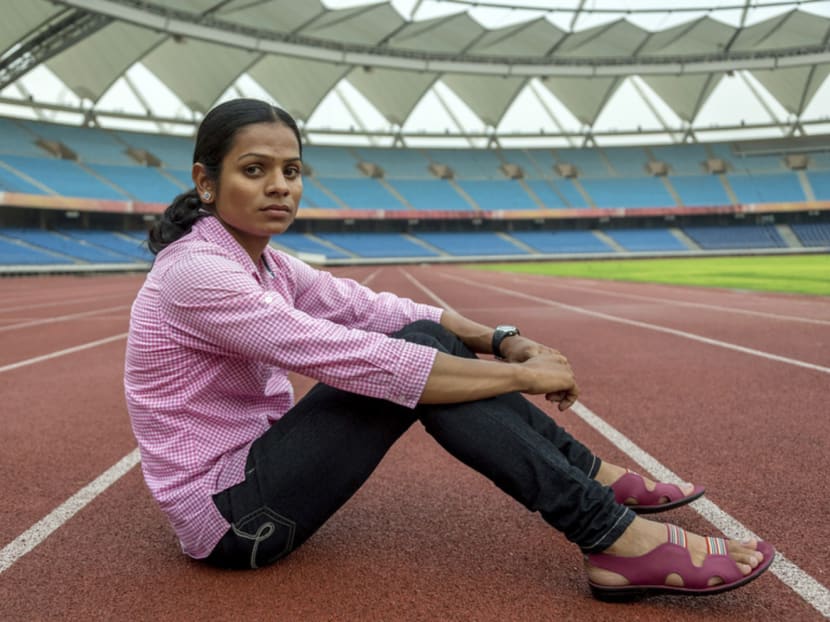India’s Chand cleared for Olympics
NEW DELHI — Indian sprinter Dutee Chand will aim to qualify for next year’s Olympic Games after a Court of Arbitration for Sport’s (CAS) decision to suspend rules from the International Association of Athletics Federations (IAAF) that could have blocked women with high levels of male hormones from competing in Rio de Janeiro.

Dutee Chand. Photo: The New York Times
NEW DELHI — Indian sprinter Dutee Chand will aim to qualify for next year’s Olympic Games after a Court of Arbitration for Sport’s (CAS) decision to suspend rules from the International Association of Athletics Federations (IAAF) that could have blocked women with high levels of male hormones from competing in Rio de Janeiro.
“I’ve been through a lot but I’m happy with the judgment,” the 19-year-old Chand told The Associated Press yesterday. “My immediate aim is to qualify for the Rio Olympics, but I also know that age is on my side and I can realise my dream of winning several medals for India.”
Chand had been suspended last year because of hyperandrogenism — the presence of high levels of testosterone in some females — which made her ineligible under the rules of the IAAF, the governing body for track and field. She missed out on last year’s Commonwealth Games and Asian Games, but was cleared to compete earlier this year, pending a final verdict in her CAS case.
The rules requiring some female athletes to get medical clearance were introduced in 2011, after South African 800m-runner Caster Semenya was sidelined for almost a year after winning the 2009 world title when she was 18.
But the CAS said on Monday that the world athletics body failed to prove that women with naturally high levels of testosterone had a competitive edge. It gave the IAAF two years to provide evidence in support of its theory, or else the rules will be declared void.
Responding on Monday, the athletics body said the rules were passed after “a lengthy and comprehensive consultation” with the International Olympic Committee (IOC).
“The IAAF will now meet as soon as possible with its experts, and with the IOC and its experts, to discuss how best to address this interim ruling,’’ it said in a statement.
Payoshni Mitra, the sports and gender activist who pushed Chand to approach the CAS, termed the decision as “historic”.
“We raised certain ethical concerns. This verdict upholds the notion of gender equality in sports. This will mean women athletes can compete as they are. I feel this verdict will pave the way for a more inclusive, fairer sporting culture,” she said.
Mitra expected this will be the end of the controversial regulation. “This issue is about basic human rights, and we do not think science will ever be able to support the regulation.” AP





